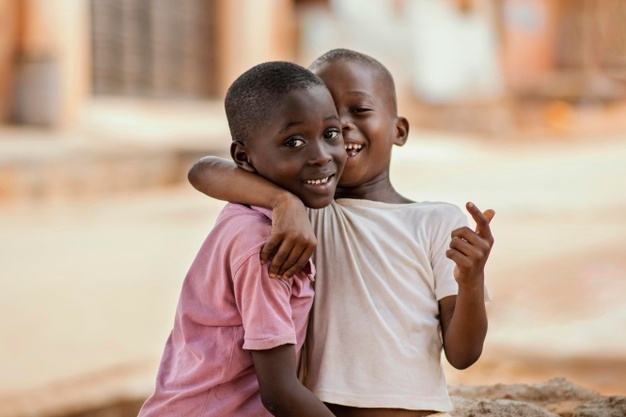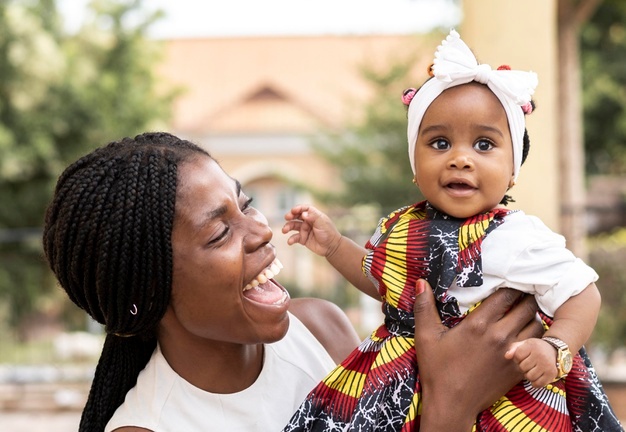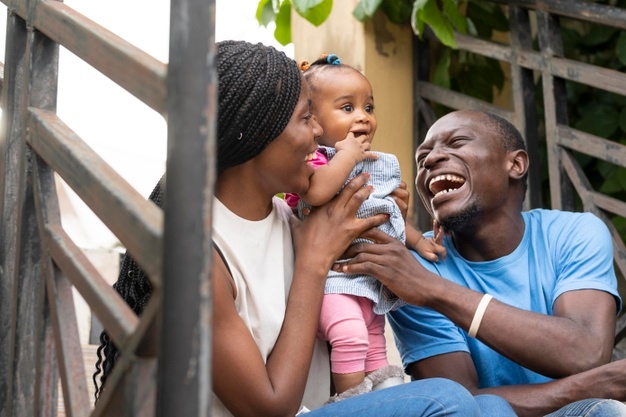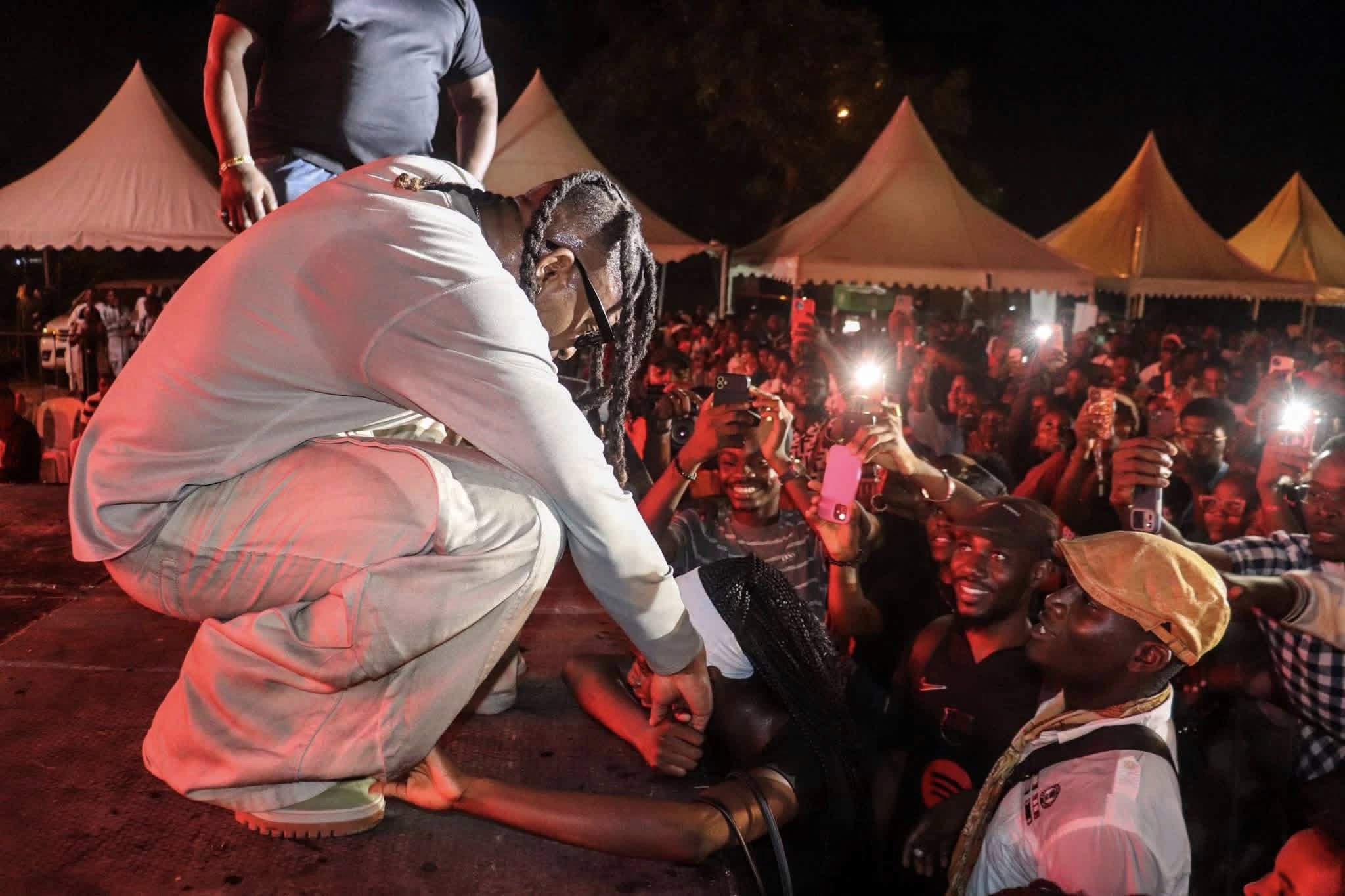
75 years of UNICEF…. Saving lives, giving hope to many
- 14 novembre 2021
- 0
Since its creation on December 11 1946, the United Nations Children’s Fund UNICEF has not stopped pushing boundaries to guarantee a healthy life to children and mothers by providing them with life-saving services especially the most vulnerable, children suffering primary victims of war, natural disasters and other ills.
What would life be without UNICEF ? The international body grants its services to 190 countries simultaenously with remarkeable improvements. The health sector in Africa particularly has greatly improved and deaths have reduced thanks to the various health equipments and also expertise they share with other medical practitioners. Having estimated that the infant population will double from 254 million in 2017 to 508 million by 2024, UNICEF has embarked on several response strategies geared towards safeguarding the vulnerable and granting adequate health care to the needy.
In Cameroon, thanks to UNICEF support, infant mortality had dropped from 782 to 400 for 100 000 births and death rates in children below 5 had moved from 122 to 80 for 1000 deaths between 2011 to 2018. This has been achieved through the programme against neonatal and infant mortality with the kangarou birth method introduced in 2019. The method used in various regions of Cameroon, gives better chances of survival to premature babies. Figures as of January 2021, show that in the East region 40% of premature babies survived unlike before when of 10 premarture births, only about 2 sailed through. Five health districts Bertoua, Garoua-Boulai, Batouri, Doume, Abong-Mbang had been selected for continuity in this region.
Also Read: CRES: EDUCATION OF DEAF AND DUMB MADE EASIER IN DOUALA
75 years of UNICEF… Saving Lives
Health for UNICEF extends to support to AIDS orphans. By the end of 2017, 15.3 million people living with HIV (PLHIV) in the African region were accessing life-saving antiretroviral drugs (ARVs), representing 70% of the 21.7 million people accessing antiretrovirals (ARV) globally (1). Since 2004, they developed a programme aimed at giving lasting care to about 240 000 children made orphans after their parents died of HIV AIDS.
Also Read: Kumba Students Carnage: Four persons sentenced to death by firing squad
UNICEF in its goal of changing and impacting lives worldwide granted free essential care in conflict-affected areas in the Central African Republic in November and December. 16,552 people, including 13,242 children under 5 and 3,310 pregnant women, received care. The most common conditions treated were malaria (45%), acute respiratory infections (27%) and diarrheal diseases (15%). Out of the 2,317 pregnant women who received at least one prenatal consultation, 1,923 accepted to be tested for HIV, 48 tested positive and were put on antiretroviral treatment.
UNICEF is being described as the « Doctor », « friend » « relief » by many who see in the care, a suitable future, a reason to dream big and hope for a brighter future.
Veronica AJI






















